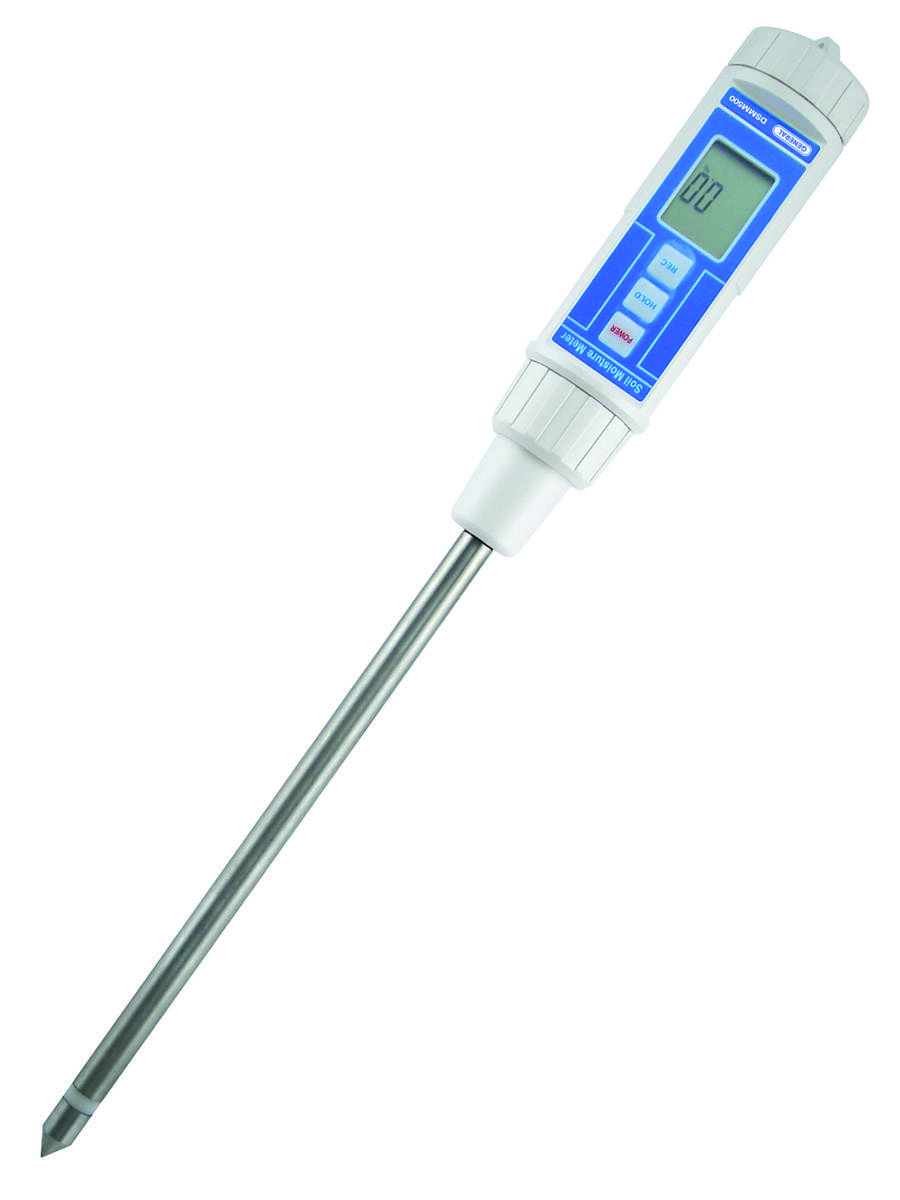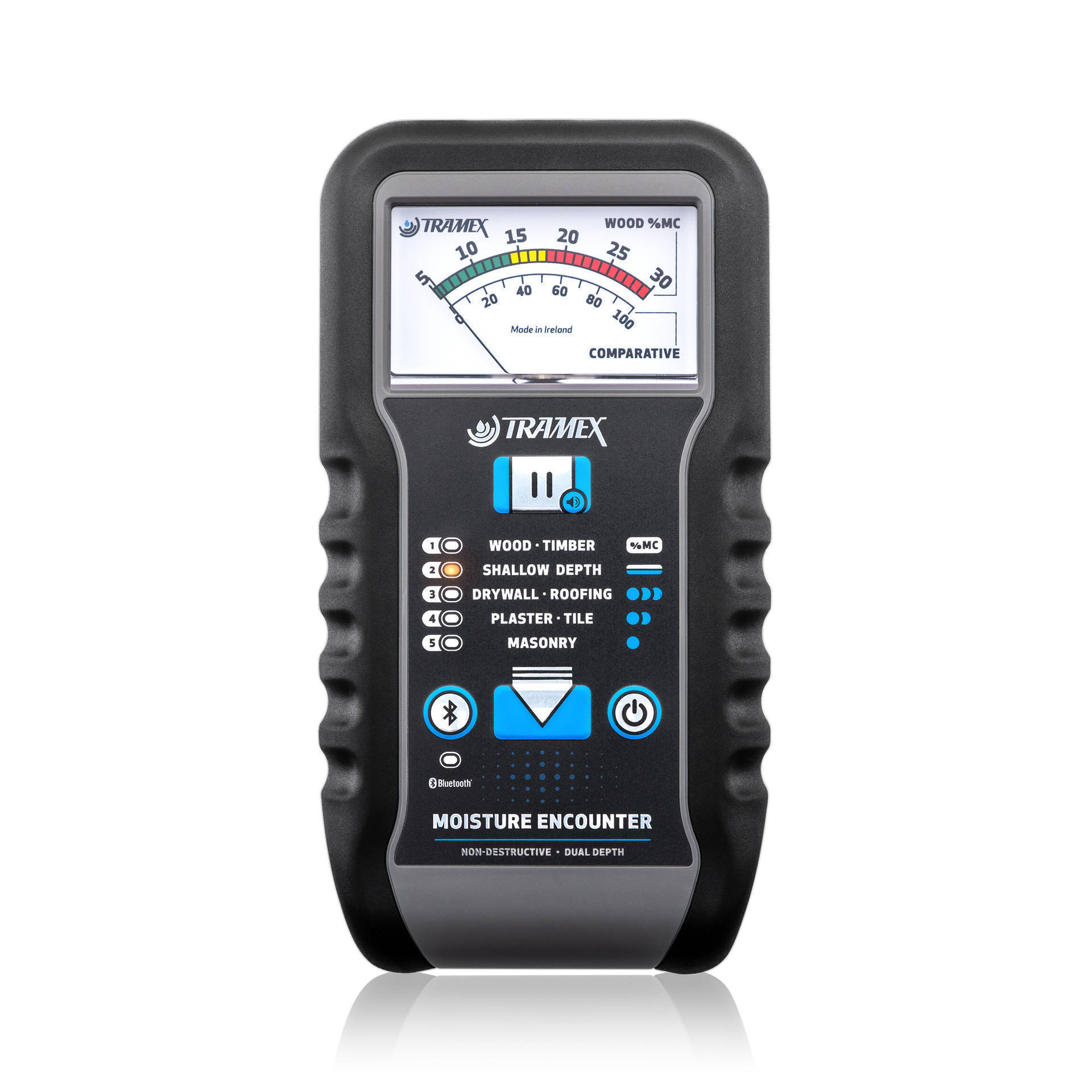The Ultimate Overview to Moisture Meters: A Comprehensive Introduction and Exactly How They Can Save You Cash
In the world of structure upkeep, building, and different industries, the importance of properly determining wetness levels can not be overemphasized. Wetness meters function as essential tools in finding and checking moisture material in materials, assisting in avoiding costly damages and making certain the high quality of products. Comprehending the nuances of different types of dampness meters, their applications, and the potential cost-saving advantages they provide can be a game-changer for specialists and services alike. Finding how these tools can not only enhance processes yet likewise add to monetary cost savings is a journey worth starting.
Kinds Of Moisture Meters
Various types of dampness meters are available for various applications in different sectors. One common kind is the pin-type dampness meter, which measures the electric resistance between 2 pins put into a product. This kind appropriates for timber, drywall, and other structure products. Pinless moisture meters, on the other hand, usage electro-magnetic sensing unit plates to check a larger area without triggering damages to the product's surface. These meters are perfect for quickly assessing wetness degrees in huge areas such as floorings and wall surfaces.
Infrared wetness meters determine the thermal residential properties of a product to identify its moisture web content non-invasively, making them useful for applications where pin or pinless meters might not be ideal. Comprehending the different kinds of dampness meters offered can assist markets choose the most ideal device for their particular dampness dimension requirements.

Benefits of Making Use Of Moisture Meters

Moreover, using moisture meters can cause raised power efficiency. By recognizing locations with high moisture levels, such as leaks or poor insulation, modifications can be made to enhance energy conservation and minimize energy expenses. In farming setups, wetness meters play a crucial role in optimizing crop yields by enabling farmers to monitor dirt dampness degrees and make notified watering decisions. In general, the benefits of making use of moisture meters extend throughout numerous markets, supplying economical services and promoting better quality control practices.
Exactly How to Choose the Right Moisture Meter
Picking the proper wetness meter includes thinking about key factors such as product compatibility, measurement array, and calibration accuracy. When choosing a dampness meter, it's necessary to make sure that the meter appropriates for the details material you will certainly be testing. Various materials have differing electrical homes that can affect wetness analyses, so selecting a meter made for your material is critical for precise outcomes. Additionally, consider the dimension series of the wetness meter. Make certain that the meter can discover dampness degrees within the variety needed for your applications. Calibration accuracy is one more critical aspect to maintain in mind (Moisture Meter). Decide for a wetness meter with reputable calibration to make certain accurate and constant readings. Some meters may call for routine calibration adjustments, so comprehending the calibration procedure is very important. By very carefully assessing these variables, you can choose a dampness meter that meets your requirements and provides precise wetness dimensions for your tasks.
Proper Techniques for Moisture Meter Usage
To make certain precise dampness readings and optimize the effectiveness of a wetness meter, utilizing proper techniques is crucial. When making use of a pin-type dampness meter, put the pins or probes right into the product being evaluated till they make complete contact. By complying with these correct methods, customers can depend on their dampness meter to offer trustworthy wetness degrees, aiding in protecting against costly damages or making sure quality in different applications.

Expense Savings With Moisture Meter Applications
Exactly how can the strategic use of moisture meters result in substantial cost savings throughout various markets? Dampness meters play an important duty in cost savings by avoiding possible damage and making sure quality control in different markets. In the farming sector, moisture meters help in establishing the optimal time for gathering plants, protecting against over-drying or excess wetness that can influence the final product's high quality. This specific surveillance helps farmers avoid unnecessary losses and maximize their return.

Moreover, in the food processing market, wetness meters are necessary for checking item high quality and making sure compliance with safety and security guidelines. By precisely gauging dampness web content in food products, makers can stop wasting, maintain quality, and lower waste, causing substantial expense savings. Extra resources In general, the tactical application of dampness meters is a beneficial financial investment that can cause considerable cost decreases and enhanced efficiency throughout numerous markets.
Conclusion
In conclusion, dampness meters are important devices for identifying and determining dampness levels in different products. By using the best dampness meter and complying with proper strategies, users can properly avoid pricey damages brought on by excess wetness. Buying a top quality wetness meter can cause considerable price savings in the future by recognizing potential concerns at an early stage and making it possible for prompt removal. Ultimately, dampness meters are vital tools for maintaining the honesty and longevity of structures and products.
Moisture meters serve as crucial tools in discovering and monitoring moisture content in materials, assisting in stopping pricey problems and ensuring the quality of products. Infrared moisture meters measure the thermal properties of a product to establish its wetness web content non-invasively, making them helpful for applications where pin or pinless meters might not be ideal.Dampness official site meters use vital advantages in accurately examining and keeping an eye on dampness degrees in varied products and atmospheres. In agricultural setups, dampness meters play a critical duty in enhancing crop returns by making it possible for farmers to check dirt wetness levels and make educated watering decisions.In conclusion, dampness meters are valuable devices for determining and spotting moisture degrees in different materials.
 Neve Campbell Then & Now!
Neve Campbell Then & Now! Marques Houston Then & Now!
Marques Houston Then & Now! Macaulay Culkin Then & Now!
Macaulay Culkin Then & Now! Nadia Bjorlin Then & Now!
Nadia Bjorlin Then & Now! Naomi Grossman Then & Now!
Naomi Grossman Then & Now!